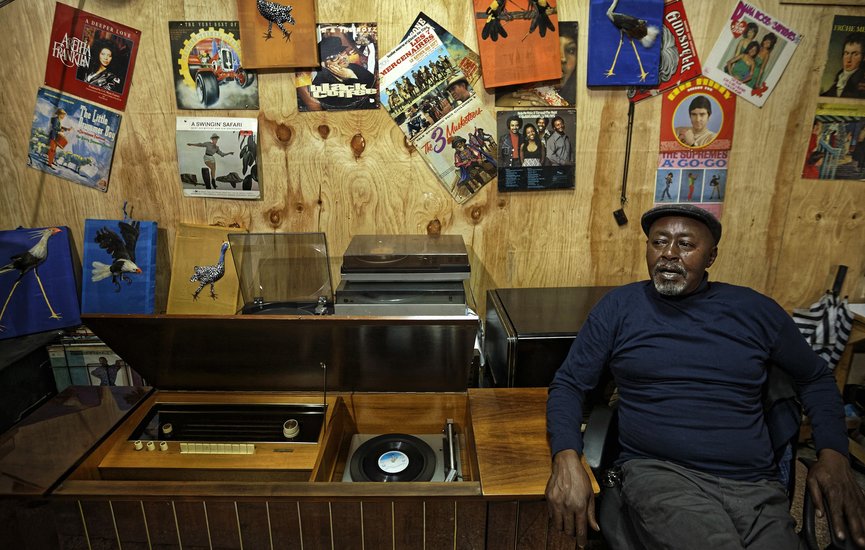In the busy Kenyatta Market of Nairobi, one small record shop has become a treasure trove for African music lovers and historians. For over three decades, James Rugami, fondly known as Jimmy, has preserved one of the region’s rarest vinyl collections - keeping alive sounds that could have been lost with time.
Rugami opened his shop in 1989, when music piracy was spreading quickly. While many turned to cassettes and later CDs, he chose to remain true to vinyl. “When cassette decks came with two slots so people could duplicate tapes, that’s when musicians began to suffer,” Rugami recalls. “With vinyl, you’re sure of the original. I never shifted to cassettes or CDs, and I’m still with vinyl today.”
His Nairobi store has since drawn collectors from across the world searching for Kenyan benga, Congolese rumba, Swahili pop, and Afro-Cuban gems - music often unavailable elsewhere after decades of turmoil erased many African recording archives.

Photo: Courtesy
To Rugami, vinyl is more than just music; it is a keeper of memory. “Few people know there was music long ago - sung at funerals and weddings - most of which was never recorded. Without history, you lose a part of yourself,” he reflects.
The global vinyl revival has further boosted his mission, with sales reaching $1.8 billion in 2023 and expected to climb even higher in the years ahead.
For collectors like UK-based Ben McCabe, the appeal lies in the experience: “Finding a record takes you back-you play the album the way the artist intended, without skipping tracks. That’s something special.”
What began as one man’s stand against piracy has grown into a cultural archive, preserving the rhythms, stories, and pride of Africa’s musical past- one vinyl at a time.
